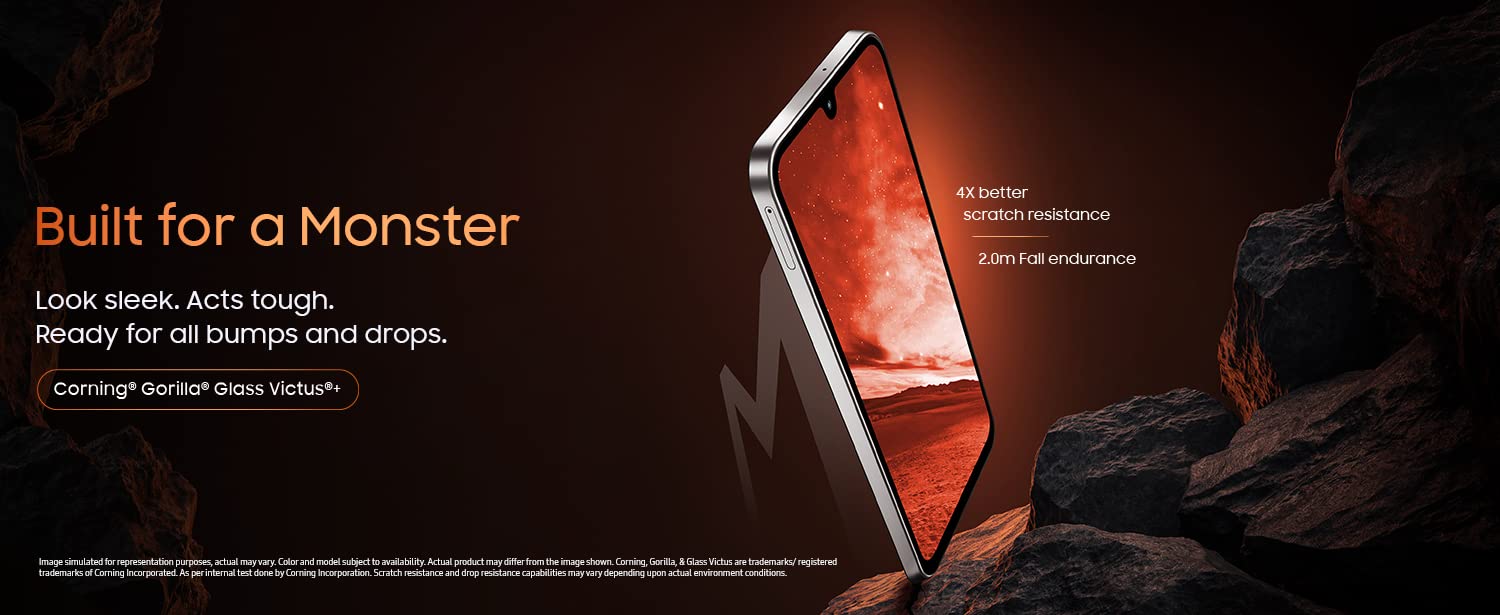Buoyed by the success of Toyota-derived strong hybrid vehicles, Maruti Suzuki is now gearing up to introduce its own hybrid technology next year. Designed for its mass-market offerings, the carmaker’s in-house hybrid powertrain will be significantly more cost effective than Toyota’s Atkinson cycle setup. Maruti Suzuki will debut its strong hybrid technology with the Z12E, three-cylinder petrol engine, paired with a compact battery pack and an electric motor.
Upcoming Maruti Strong Hybrid Cars
| Maruti Strong Hybrid Cars | Expected Launch |
| Maruti Fronx hybrid | Early 2026 |
| New-Gen Maruti Baleno hybrid | 2026 |
| Maruti Compact MPV | H2, 2026 |
| New-Gen Maruti Swift hybrid | 2027 |
| New-gen Maruti Brezza Hybrid | 2029 |
The Maruti Fronx compact crossover will mark debut of the brand’s series hybrid technology, followed by the new-generation Baleno and a subcompact MPV in 2026. The highly-popular Swift hatchback and Brezza compact SUV will also benefit from the hybrid system in 2027 and 2029, respectively.
As per media reports, the upcoming Maruti strong hybrid cars are expected to deliver a mileage of around 40kmpl or possibly even higher. However, it’s important to note that Maruti Suzuki hasn’t yet released any official statement over the development of the new hybrid technology or the upcoming hybrid vehicles. The strong hybrid versions of these vehicles are expected to be priced at a premium of approximately Rs 2 lakh to Rs 2.5 lakh over their ICE counterparts.

Why Maruti Suzuki’s hybrid powertrain will be cheaper than Toyota’s?
Maruti Suzuki is likely to develop hybrid powertrain with major support from Suzuki’s global R&D and Indian engineering team. Furthermore, the use of locally-sourced components and assembly will significantly reduce production cost. While Toyota uses the complex and expensive THS-II hybrid system, Maruti Suzuki is reported to adopt a simpler and cost-optimized strong hybrid setup.
Why hybrids are more practical than EVs?
Hybrid vehicles come as cost-effective alternatives to the fully electric vehicles. Unlike EVs, hybrids don’t require external charging infrastructure and there are no charging worries. These vehicles self-charge by using regenerative braking and engine power. Compared to the ICE (internal combustion engine) vehicles, the hybrids have lower running costs, making them a perfect choice for budget-conscious buyers.






